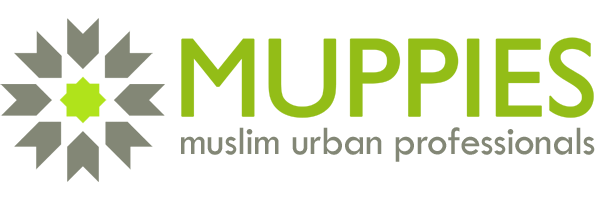
Our featured member for April 2015 is Faheem Noor Ali. The focus of Faheem’s work has been to support African entrepreneurs in their efforts to scale and gain access to finance through impact investing and to build the innovation profile of the World Bank Group by experimenting with new service delivery and crowdsourcing models. He also recently co-founded CookNook, a Washington DC based food technology start-up that connects home-based cooks with local “foodies”. Faheem started his career at Ogilvy Public Relations and went on to manage the marketing and advocacy campaigns of clients such as Eli Lilly, the CDC, and youth entrepreneurship efforts within the World Bank.
Read more about Faheem’s experiences below.
Background
- Current Employment: The World Bank, Co-Founder of CookNook
- Previous Employment: IFC – International Finance Corporation, Open Capital Advisors (Kenya)
- Education:
- MBA (Concentrations in Finance, Entrepreneurship and Social Enterprise) – Kellogg School of Management, Northwestern University
- Bachelor of Commerce – Queen’s University
- Industries: Access to Finance, Business Growth Strategy and Operations, Emerging Markets
Early in your career, you started in public relations and marketing. Now, it seems like you’re focused more on economic development, innovative finance and management strategies? What motivated you to make this transition? What skills did you learn in the process?
I always had the motivation to work in International Development, particularly because my father has worked for the Aga Khan Development Network for most of my life. My interest in marketing started when I worked with my mother, a Baskin Robbins franchisee, and then was further developed when I was accepted as an intern in Ogilvy PRs Marketing Practice before my final year of university. I returned to Ogilvy after graduation and then really started to appreciate the importance of being able to communicate and present effectively for both private sector and government clients.
I finally got a call from the World Bank after 3.5 years in PR and then applied my communication skills there while volunteering in roles that allowed me to focus on youth entrepreneurship in MENA and ultimately to work on social enterprise and impact investing. Currently, as an innovation specialist at the World Bank and as an entrepreneur with CookNook, I often find myself drawing on the skills that I built working in marketing and PR. Therefore, I see my current work as an evolution, rather than a transition, from my past marketing experiences.
Through work and during your MBA program, you’ve traveled to the Middle East and Africa considerably. What’s the most valuable lesson you’ve learned from these experiences?
A valuable lesson I learned is to not underestimate the resilience and intelligence of entrepreneurs of any age. Several years ago, I met a Syrian villager who was proudly showed me his shoe manufacturing operation and his ability to sell his product in Damascus. As I learned more about his business operations, it was clear that the government had a large role to play in his procurement of input and where he could sell. Despite these significant barriers, this entrepreneur had a plan on how to engage his family, keep his business going and stay profitable. While a number of business case studies are highlighted in global conferences, I think meeting with entrepreneurs first-hand motivates and inspires me in my own work.
Can you tell me about a time you failed and what you learned from it?
My first professional failure was when I was looking for a job after graduating from University in 2001. Given the circumstances of that year and the fact that I was looking for a client-facing marketing role, I was facing an uphill battle. I continuously faced rejection from every job that I applied to. I think the real failure, though, was that I had emotionally invested myself so much into the process, and I had it validate my self worth. When I didn’t get the job, I let it paralyze me and take away my motivation. Eventually, I ended up working at Ogilvy. Since then, I have failed and stumbled plenty of times in my career and personal life, and I am sure that I will again!
The lesson here is that everyone fails and, to the extent possible, don’t take the professional ones personally. It is important to make sure that you persevere and see what you can change in the process. In the case of my job applications, I started to invest much more into networking, being persistent with following up, and creating written material that made it clear to hiring managers why I would be a good fit. However, even those activities weren’t always fruitful,it was just a matter of failing and trying again!
What role does Islam play in your professional life or career path?
It plays a large role for me personally because it is the ethic of the faith that motivates me to work in international development. Balancing my time can be very tough, but investing my time and energy to my spiritual well-being is very important as it helps me make rational decisions professionally and keeps me grounded when figuring out my professional and personal aspirations.
Connect with Faheem through his Linkedin profile or follow him on Twitter at @fnoorali.
Each month, Muppies features one of our members to share about their professional development story and the insights they’ve gained along the way. This interview was originally conducted in April of 2015. Opinions are of the member and do not necessarily reflect the opinions of Muppies, Inc.

